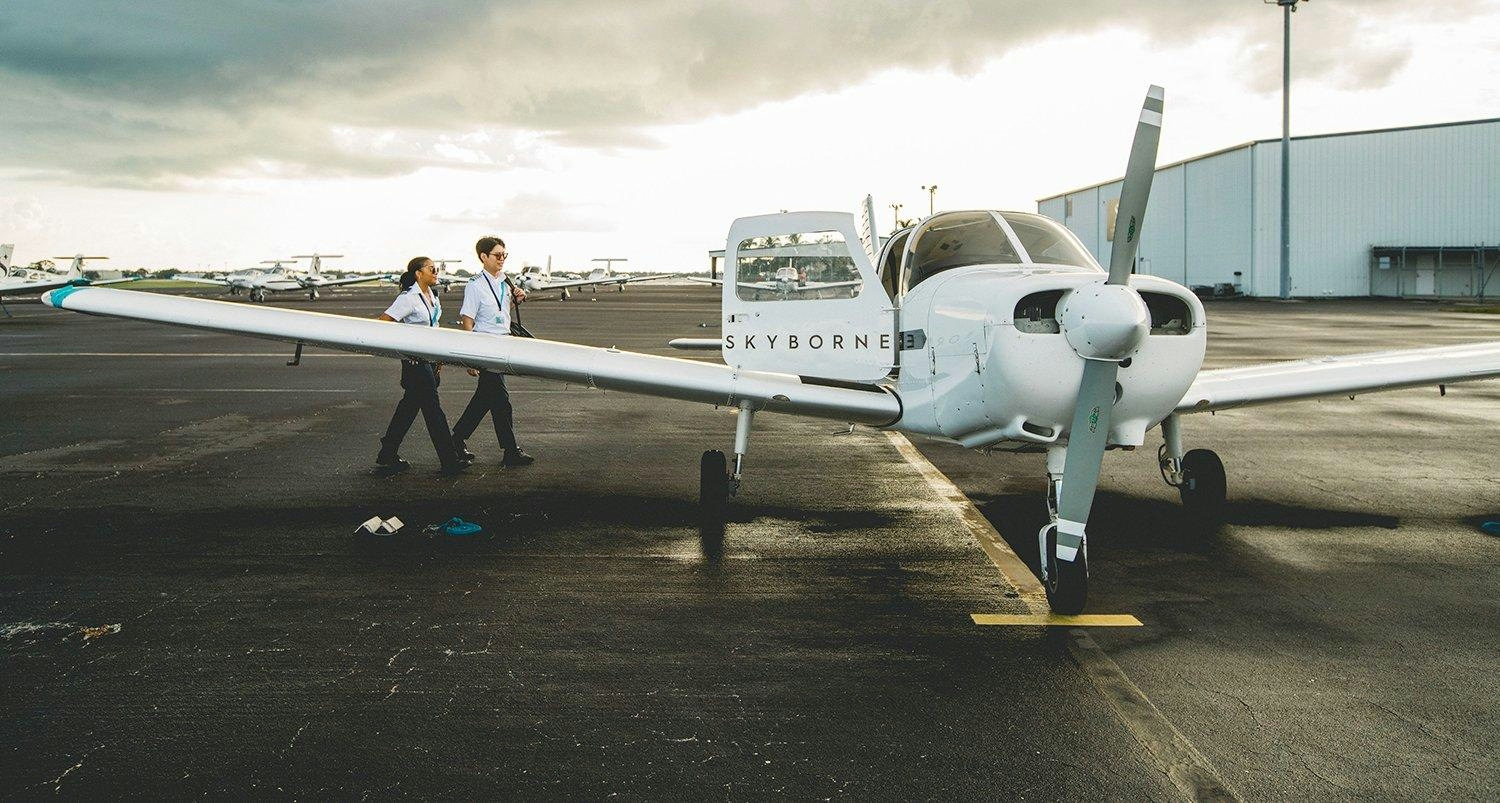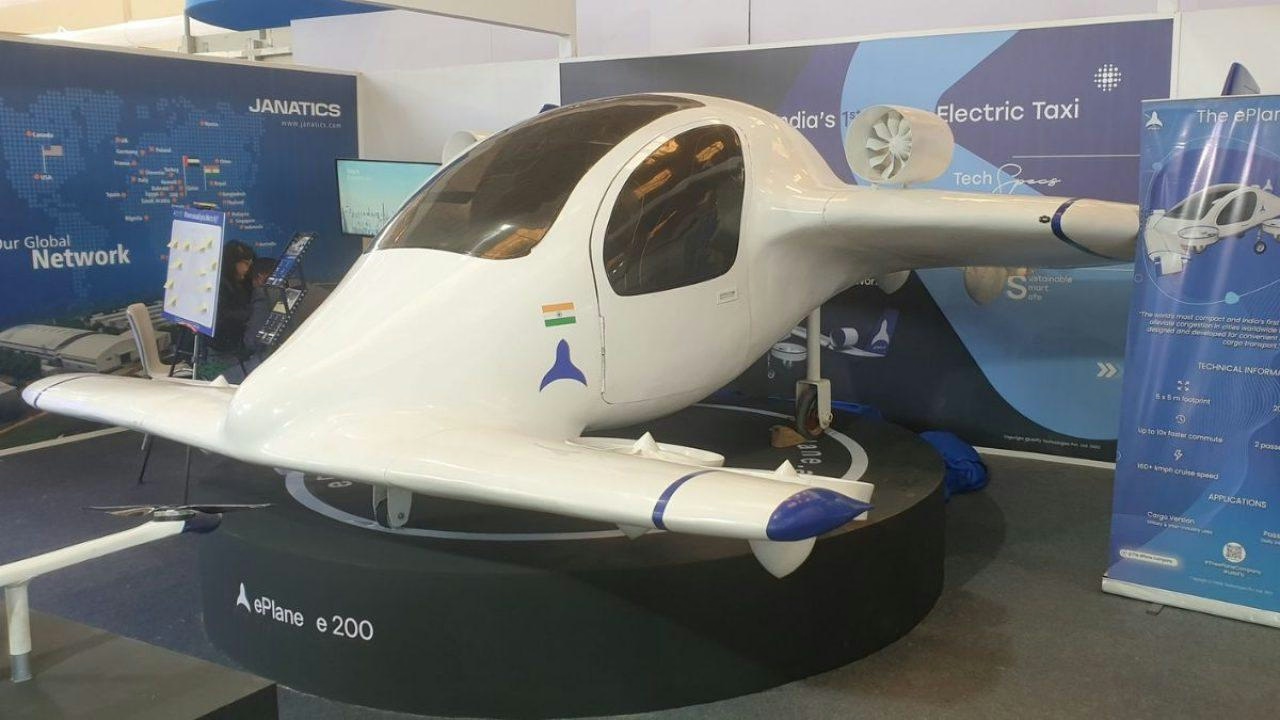أيروجيني — مساعدك الذكي للطيران.
الرائج الآن
Categories
Auburn Aviation: A Legacy of Innovation and Excellence

Auburn Aviation: A Legacy of Innovation and Excellence
Auburn University’s School of Aviation has established itself as a distinguished leader in aviation education, consistently exceeding national standards for both diversity and academic excellence. For more than a decade, the proportion of female students enrolled in Auburn’s aviation programs has surpassed the national average, currently standing at three times higher. Former director James Witte encapsulated the school’s philosophy by stating, “We don’t train pilots here, we train aviators. We’re training people who go into the cockpit who are cognizant of the industry and of the forces that make an industry successful.”
Comprehensive Programs and Inclusive Community
The School of Aviation offers two primary academic tracks: the professional flight major, which delivers extensive flight training and certification opportunities, and aviation management, which emphasizes the business and operational facets of the aviation industry. Both programs attract a robust student body, with enrollment exceeding 1,000, and provide pathways to diverse career opportunities within the sector.
Auburn’s dedication to advancing women in aviation is particularly notable. In 2017, coinciding with the university’s celebration of 125 years of women on campus, Auburn fielded its inaugural team in the Air Race Classic, a prestigious annual cross-country competition exclusively for female pilots. The university has maintained continuous participation since, underscoring its commitment to fostering an inclusive and dynamic aviation community. Students actively engage in organizations such as the War Eagle Flying Team, Striped Wings Student Ambassadors, Women in Aviation, and the Aviatrixes College Wing of The Alabama 99s Chapter of The Ninety-Nines, further enriching their educational experience.
Anchoring the program is the Auburn University Regional Airport, which has grown into a vibrant center for student pilots and private aviation activity. This expansion reflects both the increasing interest in aviation careers and the university’s investment in an expanding fleet of aircraft.
Navigating Industry Challenges and Future Prospects
Despite its successes, Auburn Aviation confronts a rapidly evolving industry landscape marked by intensified competition in the charter and business aviation sectors across the United States and Europe. The sector faces complex challenges including taxation, tariffs, and the critical need to attract and retain skilled professionals. These shifting market dynamics demand continual innovation and adaptability to sustain Auburn’s leadership in aviation education.
Moreover, labor disruptions at major aerospace manufacturers such as Boeing pose additional risks, potentially affecting industry stability and operational costs. Such factors could influence Auburn’s capacity to uphold its tradition of excellence.
Nonetheless, Auburn’s School of Aviation remains steadfast in its mission to prepare future leaders in the field. Through rigorous training, a strong community ethos, and a proactive approach to industry developments, Auburn continues to set a high standard for aviation education worldwide.

Archer Aviation Partners with NVIDIA to Advance Aviation AI Technology

Chennai Startup to Develop India’s First Electric Air Taxi

Factors Positioning Airbus for Leadership in 2026

Emirates Unveils Cabin Design for New Boeing 777X

Eighteen Years On, the Airbus A380 Remains Central to a $34 Billion Airline

How a boom in luxury airline seats is slowing down jet deliveries

Navitaire Outage Attributed to Planned Maintenance

AI, VR, and Data Transform Pilot Training by 2026

Airbus Plans Record Delivery of 870 Aircraft in 2026

DigiYatra Debuts Outside Aviation at India AI Impact Summit
